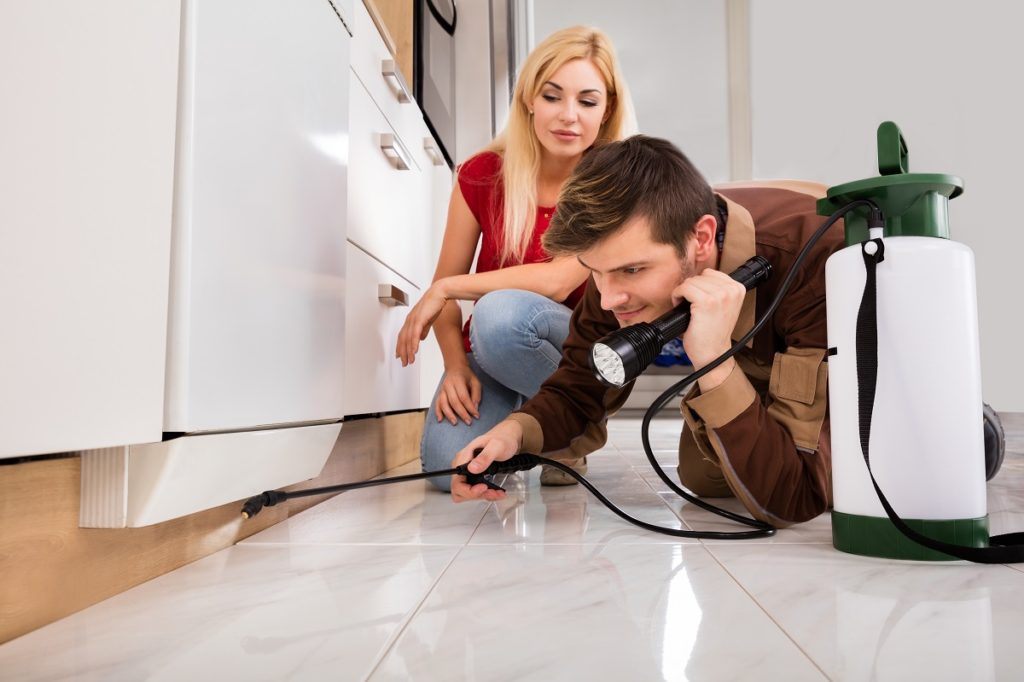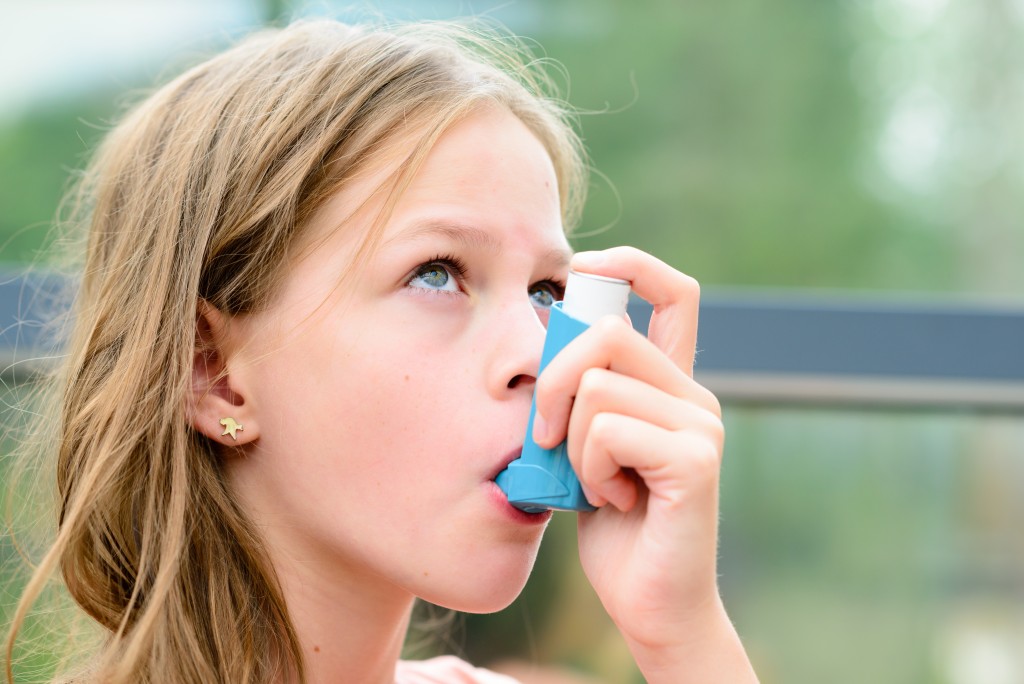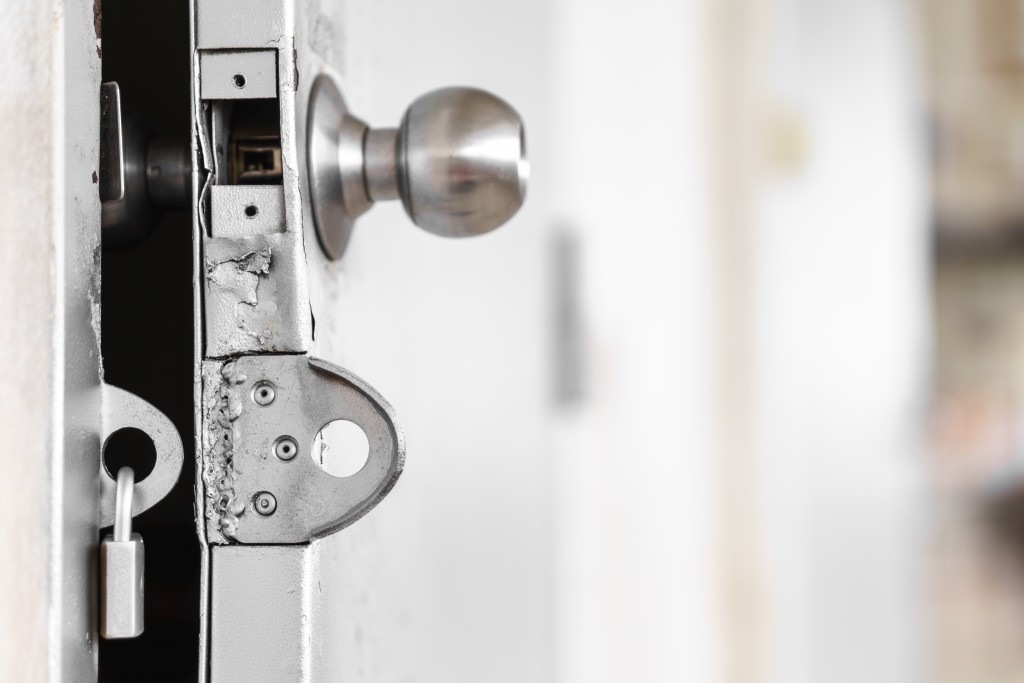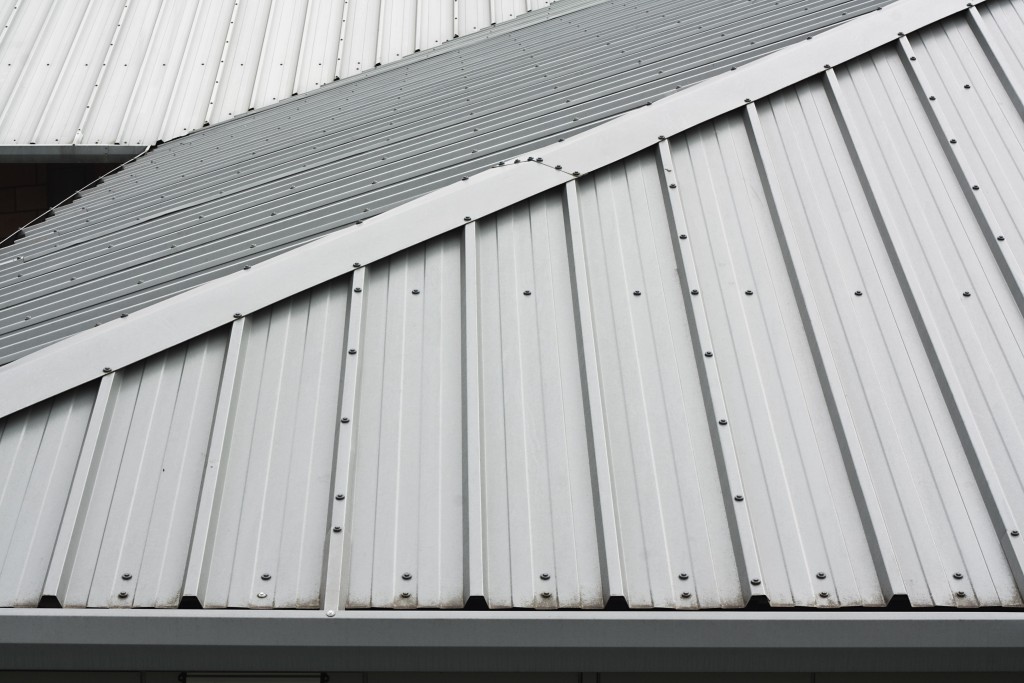Your home is a breeding ground for allergen triggers. Everything from dust mites to mold spores can accumulate in your house and exacerbate allergy symptoms. As most of your life is spent at home, it’s important to improve the indoor air quality to reduce your allergy triggers. These valuable tips will help you do exactly that and hopefully put a stop to your allergies.
Have your HVAC system professionally cleaned
Indoor air is filled with tiny dust particles made up of anything from pet dander, pollen, and dust mites. These allergens tend to accumulate in your air duct system where it is continuously cycled into your home’s air. Even mold spores can also settle and thrive in your air ducts. Hiring a professional team to clean the allergens in your HVAC system can significantly improve the air quality in your home and effectively reduce the presence of allergy triggers. There are plenty of reputable duct cleaning services in Denver, Colorado, that you can hire, so you should have no trouble finding the right one for you.
Vacuum regularly
You should vacuum your home at least once or twice a week. Regular vacuuming can keep the number of allergens low. Make sure that you use a high-quality vacuum cleaner that is specifically designed to prevent allergy and asthma allergens from going back into the air.
Keep plants outside
Indoor plants are often hailed as an effective way to improve indoor air quality since they are capable of releasing oxygen, but they still possess plenty of allergy triggers for many people. It’s recommended that you keep plants outside so that they do not collect and foster mold and dust indoors.
Invest in an air purifier
An air purifier can capture common allergy irritants in the air and significantly cut down the number of allergens present in your living space. This is especially beneficial if you own a pet. A dehumidifier is also practical for areas in your house that are damp like your basement or bathroom. Dehumidifiers will prevent the growth of mold, but you should also ensure that these areas are well ventilated and cleaned regularly.
Regularly change your bedding and drapes
Bedding and drapes attract tons of allergens, especially if you’re a pet-owner. You should change and clean these, as well as your pillow covers, at least thrice a month. You should also air out your mattress whenever you can.
Control cockroaches

Cockroach saliva, feces, and body parts are severe allergy triggers that act like dust mites circulating in the air. You can control the presence of cockroaches in your house by not leaving food or garbage uncovered. You should use boric acid, traps, and poison baits to kill cockroaches. You can also hire a pest exterminator to effectively get rid of them.
Get rid of mold spores
Mold thrives in damp areas like your bathroom, kitchen, and basement. You can reduce the growth of mold by reducing moisture in these sections of your house. This can be done by using dehumidifiers, immediately fixing leaks, cleaning surfaces with mold, and not running showers or taps for a long period of time.
Keeping a clean and tidy house will significantly reduce your allergy symptoms. Always remember that allergy control starts at home.




